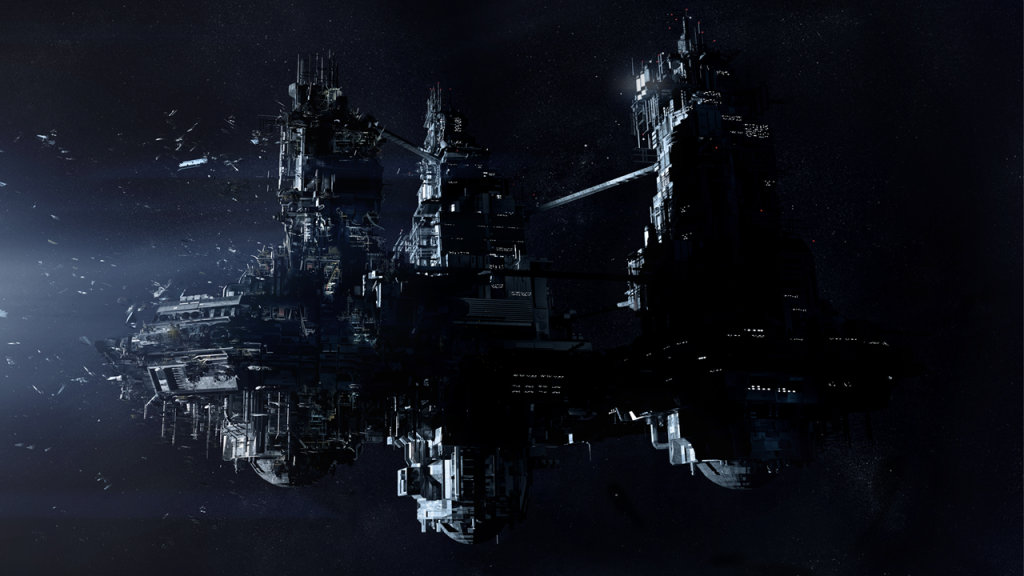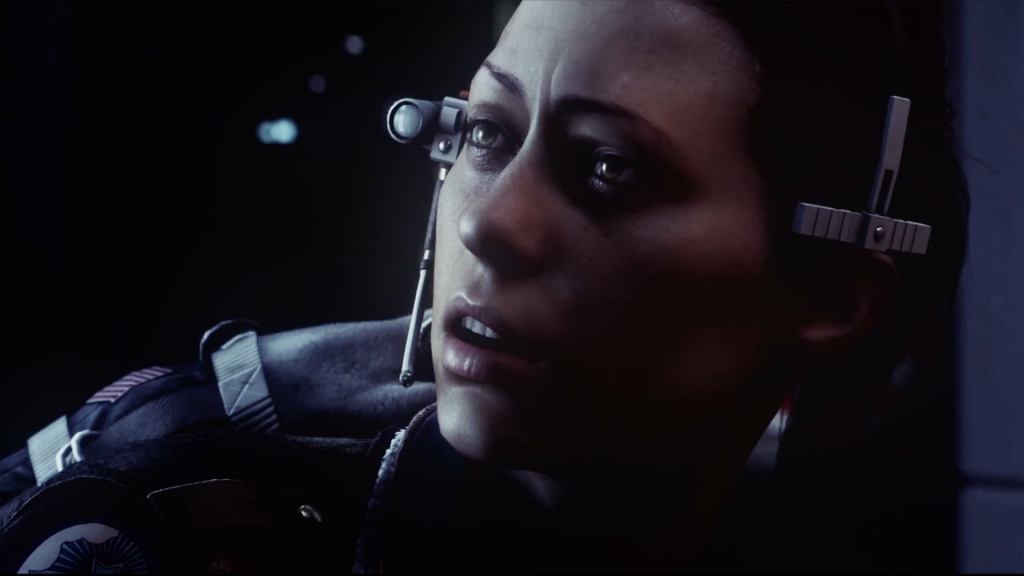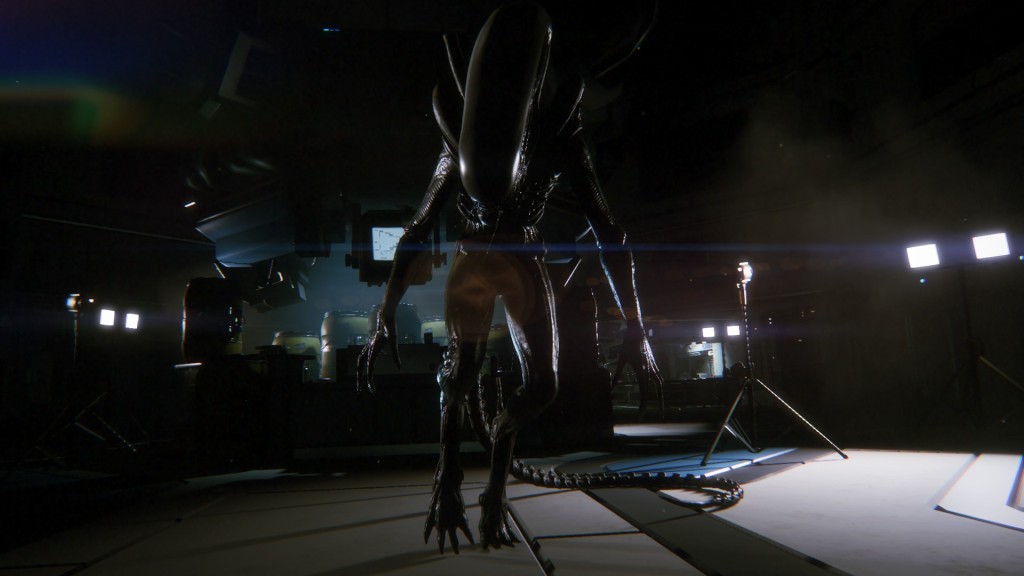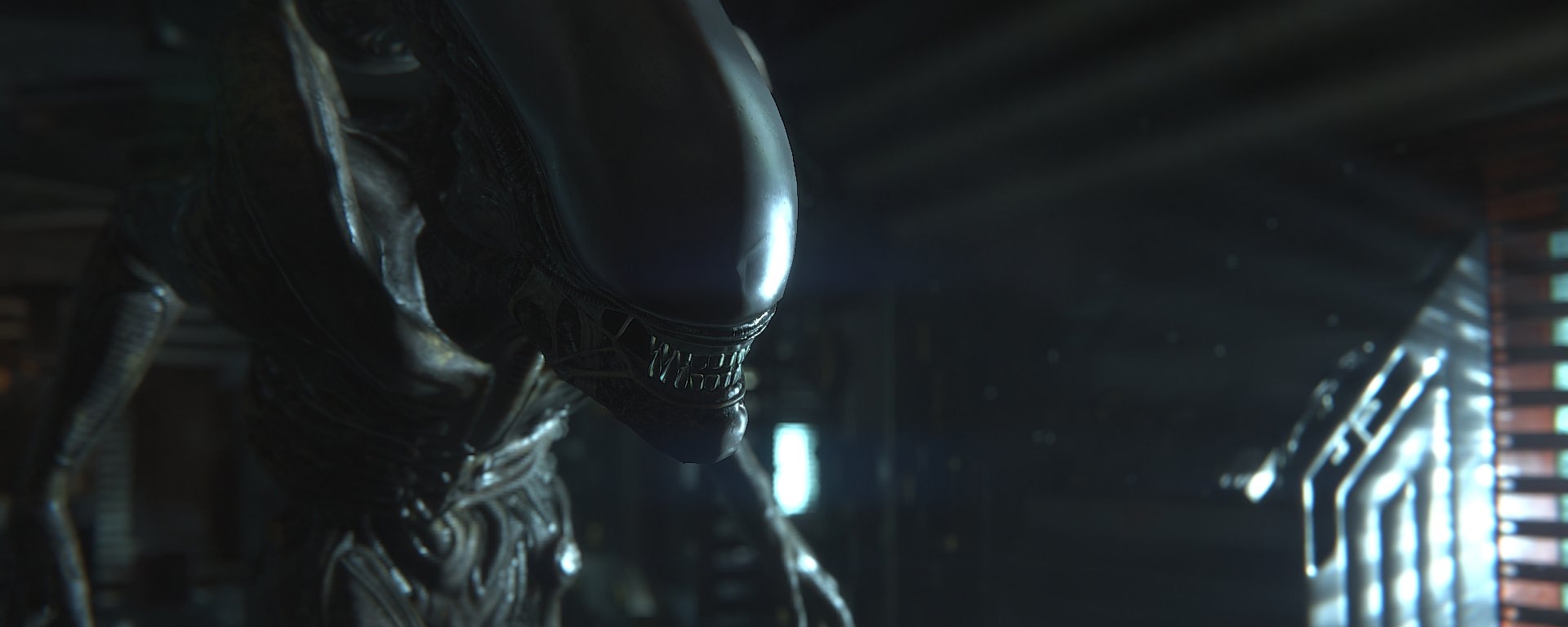Those who follow us are aware of my ever so modest love of Alien: Isolation. Following years of disappointing misfires, Isolation recaptured the feeling of watching the original Alien on VHS for the first time. So when news broke that the 2013 masterpiece was being adapted into a novel, it quickly became one of my most anticipated books of the year. Sadly, in spite of a strong beginning, the book quickly devolved into an unfocused mess that glazed over much of what made the game such a memorable experience.

For those who haven’t played it, Alien: Isolation tells the story of Ellen Ripley’s daughter Amanda. Set some 15 years after the events of Alien, Amanda is contacted for a job to retrieve the Nostromo flight recorder from a remote station named Sevastopol, and hopefully gain closure for her mother’s disappearance. When she arrives, she finds the station in chaos, and an all too familiar monster at its center. This article will contain spoilers for both the game and book of Alien: Isolation. My advice, if you haven’t already, just play the game.

Let me start by saying the novel’s first quarter is actually quite good. From the first page to Amanda Ripley’s first encounter with the creature, the book does a pretty good job building character and atmosphere, marred only by an overly long flashback to Amanda’s childhood with her mother. Still, I came for Sevastopol and the horrors therein, and after the Alien’s first appearance, I wanted more. Then, at that moment of nail biting anticipation, another flashback happened, and it seemed to never end. It is but the first of many detours, and it’s here that the book starts to unravel.
Aside from the cut scenes, all the most memorable elements in the game from its frightening encounters with the creature to its detailed and spooky environments are glazed over, leaving the bulk of the story feeling more like the writer marking off items on a check list than a serious effort to transport the reader to Sevastopol. It’s my understanding that the author hadn’t even played Isolation before attempting to adapt it. It shows.

The character of Amanda Ripley suffers much in this book. The game takes a more subtle approach with her character, giving her a more quiet and reserved personality that only hints at years of disappointment. This makes the moments when she finally does lose her temper that much more powerful. The book dispenses with such nuance, turning Amanda into an abrasive Mary Sue with a real mean streak. One disturbing moment in the book describes her feeling cathartic about killing the mindless Working Joes, and even gives her a zippy one liner before disposing of one. The writer seemed so determined to make Amanda ‘cool’ that they missed the emotional core of her journey. Amanda Ripley is a person seeking closure for fifteen years of grief. The entire game was about her starting in a vulnerable place and becoming more assertive and confident. In making her tough from the start, the writer leaves her with no way to grow.
Amanda is but one of many characters who get the short end of the stick. Marshall Jethro Waits is another. Played by Aliens alumni William Hope, the ineffective but ruthless Waits is one of Isolation’s most memorable characters. His defining moment is when he tries to kill the Alien by jettisoning a section of the station with it and Ripley both inside. In the game, he expresses remorse for this decision and is visibly relieved to hear Ripley survived. The book instead turns Waits into a generic bad guy who jettisons Ripley without compunction. From the tortured Captain Marlow to the addicted Doctor Kuhlman, the book takes characters who are flawed and automatically assumes that makes them villains. In making them villains, the book makes them less interesting.

But without question, the character who suffers most in the novel is the Alien itself. In the few instances the Alien does show up, it does so without inspiring any real threat. This is another reason the why playing the game may have helped the writer with this adaptation. The game is overflowing with suspenseful set pieces, from hiding beneath a floor while the Alien slaughters a gang of looters, or taking refuge in a locker as the creature stalks about in search of the player. The book contains no such creativity, instead focusing on Amanda’s contempt rather than fear of the monster. The book rarely allows Amanda to get afraid, and as a result, we don’t either.
So with the book so unfocused on the creature, what exactly does it focus on? The answer is those flashbacks. Lots and lots of flashbacks. Repeatedly, Amanda’s odyssey through Sevastopol is interrupted by lengthy, often unnecessary flashbacks. Occasionally they feel relevant, such as a heartbreaking flashback of Amanda waiting for her mother to come home. Other flashbacks include Amanda in school, hearing about her mother’s previous work on another ship, or surviving an incident where a co-worker nearly kills her and a subsequent court hearing.
The flashbacks aren’t inherently bad. One common thread is they’re far better written than the actual story of Amanda on Sevastopol. Reading the book, it was painfully obvious that the writer cared more about this material than anything from the game. In spite of the love and care put into these scenes, they seldom do anything to inform or enhance Amanda’s current journey. How is her doing good in school relevant to her hiding from the monster? How is her going to court over a co-worker’s incompetence relevant to her seeking closure for her mother vanishing? The answer is it doesn’t matter. These segments feel like the writer became distracted and sought to pad out the page count, often at the worst possible moments.

When it comes to these flashbacks, timing is a major issue. The writer will usually have them appear right after an all too brief encounter with the Alien. This wouldn’t be so bad if the flashbacks themselves were short. Instead the writer devotes entire chapters to these sequences. Doing so removes the reader from the present moment, and kills any suspense the book had built up to that point. As Amanda stalks a dark corridor, we’ll suddenly cut away to a lengthy chapter about her completing an assignment at an engineering school. When we’re running down the dark corridors with Amanda, we want to keep running.
These efforts to pad out the story eventually kill what should have been the book’s most emotional moment. In both the book and the game, Amanda’s goal is to find a personal message from Ellen Ripley, Sigourney Weaver’s character from the films, and thereby achieve some closure. In the game, Marlow gives Amanda the message, simply telling her he has a surprise for her. In the novel, perhaps in the writer’s most baffling decision, Marlow explains the contents of the message in great detail moments before Amanda listens to it. While we as an audience already know Ellen Ripley’s fate, Amanda doesn’t, so her hearing the story first from her mother was an emotional moment. Hearing it from Marlow first dulls that moment, and makes the overall journey not nearly as fulfilling.

In one of this book’s better written segments, Samuels invites Amanda to see the contents of the flight recorder. A skeptical Amanda mentions a scam from the dark ages where splinters of wood were sold for high prices in the claim that they were pieces of the one true cross that held Jesus Christ. I can think of no better way to end this. I really wanted to like this book, and while it’s inevitable for changes to be made for the sake of adaptation, it should never be at the expense of what made the source material so effective. That’s what this book has done. While it shares Alien: Isolation’s name, it is not a piece of the one true cross.
Like this article? Check out these other similar pieces by some of our top contributors.
Why ‘Predator’ Is A Subversive Masterpiece
A Different Kind of Star Wars: An ‘Aliens vs. Predator’ Retrospective

Agreed with every word. And on top of all the issues you raised, I would raise another. Amanda is actually a fundamentally unlikeable human being. I can relate to her pain, but I can’t relate to how overly cynical she is. On top of that, she’s overly critical of others, and in some passages downright whiney. She’s one of those people who actually exist in real life, who think that everyone else is an a-hole, and woe is my life for me being so brilliant whilst I’m surrounded by idiots. It’s an easy attitude to slip into, but I’m supposed to like Amanda Ripley – not be turned off by her exceptionalism. Having said that, her mother wasn’t exactly likeable either. She spends the first third of both the movie and novel trying to have arguments with several members of the crew, usually sparked by some overly catty remark.
I’ve loved Alien since it first came out. Aliens too, Movies or novels I dont care I love the storyline, but I must be one of the few people who love the series, and who doesn’t actually like either of the Ripley’s as characters. They are way too confrontational as people with an overblown sense of their own importance. It goes into hyperdrive in the Aliens novel where there is not one thing that Ripley cant do. She operates loading machinery, she flies ships, she drives armoured APC’s, she operates weapons like she was born with them in her hands, she takes over and commands a grup of marines, advises them on tactics (lol), issues orders to them…….when you process everything she can do over the two novels, it leaves her an unbelievable character. If Amanda is a character who has no space to grow, her mother is a character that grew too much and became a placeholder for perfection. Lots of frustrations over all the books and movies, but it still doesn’t stop me loving them. I don’t think there is a pre-requisite for actually liking Ripley in order to love the story she lives in.
LikeLike